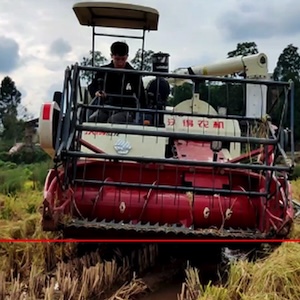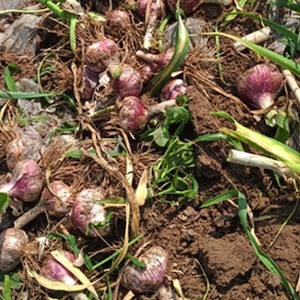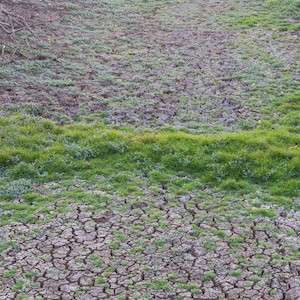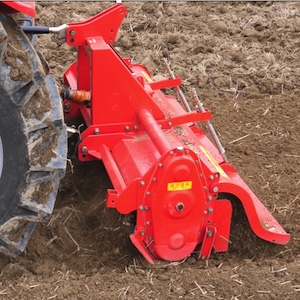Multi-class segmentation of navel orange surface defects based on improved DeepLabv3+
Published:20 February 2024
Abstract Views: 628
PDF: 224
HTML: 14
HTML: 14
Publisher's note
All claims expressed in this article are solely those of the authors and do not necessarily represent those of their affiliated organizations, or those of the publisher, the editors and the reviewers. Any product that may be evaluated in this article or claim that may be made by its manufacturer is not guaranteed or endorsed by the publisher.
All claims expressed in this article are solely those of the authors and do not necessarily represent those of their affiliated organizations, or those of the publisher, the editors and the reviewers. Any product that may be evaluated in this article or claim that may be made by its manufacturer is not guaranteed or endorsed by the publisher.
Similar Articles
- Maile Zhou, Jiajia Yang, Tingbo Xu, Jianjun Yin, Xinzhong Wang, Optimal design of transplanting mechanism with differential internal engagement non-circular gear trains , Journal of Agricultural Engineering: Vol. 53 No. 3 (2022)
- Changjian Zhou, Zhenyuan Zhao, Wenzhuo Chen, Yuquan Feng, Jia Song, Wensheng Xiang, Residual attention based multi-label learning for apple leaf disease identification , Journal of Agricultural Engineering: Vol. 55 No. 4 (2024)
- Yiming Xiao, Jianhua Wang, Hongyi Xiong, Fangjun Xiao, Renhuan Huang, Licong Hong, Bofei Wu, Jinfeng Zhou, Yongbin Long, Yubin Lan, Lychee cultivar fine-grained image classification method based on improved ResNet-34 residual network , Journal of Agricultural Engineering: Vol. 55 No. 3 (2024)
- Xingbo Hu, Tian Xia, Leidong Yang, Fangming Wu, Ying Fan, Yinghong Tian, 3D modeling and volume measurement of bulk grains stored in large warehouses using bi-temporal multi-site terrestrial laser scanning data , Journal of Agricultural Engineering: Vol. 55 No. 1 (2024)
- Hemanthakumar R. Kappali, Sadyojatha K.M., Prashanthi S.K., Parametric evaluation of segmentation techniques for paddy diseases analysis , Journal of Agricultural Engineering: Vol. 54 No. 4 (2023)
- Rui Liu, Tong Zhu, Jiawei Wu, Jingtao Li, Potato powdery scab segmentation using improved GrabCut algorithm , Journal of Agricultural Engineering: Vol. 55 No. 3 (2024)
- Zhongwei Hua, Min Guan, Lightweight sandy vegetation object detection algorithm based on attention mechanism , Journal of Agricultural Engineering: Vol. 54 No. 1 (2023)
- Xiong Bi, Hongchun Wang, Double-branch deep convolutional neural network-based rice leaf diseases recognition and classification , Journal of Agricultural Engineering: Vol. 55 No. 1 (2024)
- Bhola Paudel, Jayanta Kumar Basak, Seong Woo Jeon, Nibas Chandra Deb, Sijan Karki, Hyeon Tae Kim, Development and field testing of biodegradable seedling plug-tray cutting mechanism for automated vegetable transplanter , Journal of Agricultural Engineering: Vol. 55 No. 2 (2024)
- Fang Huimin, Niu Mengmeng, Zhu Zhengbo, Zhang Qingyi, Experimental and numerical investigations of the impacts of separating board and anti-blocking mechanism on maize seeding , Journal of Agricultural Engineering: Vol. 53 No. 1 (2022)
You may also start an advanced similarity search for this article.

 https://doi.org/10.4081/jae.2024.1564
https://doi.org/10.4081/jae.2024.1564 











